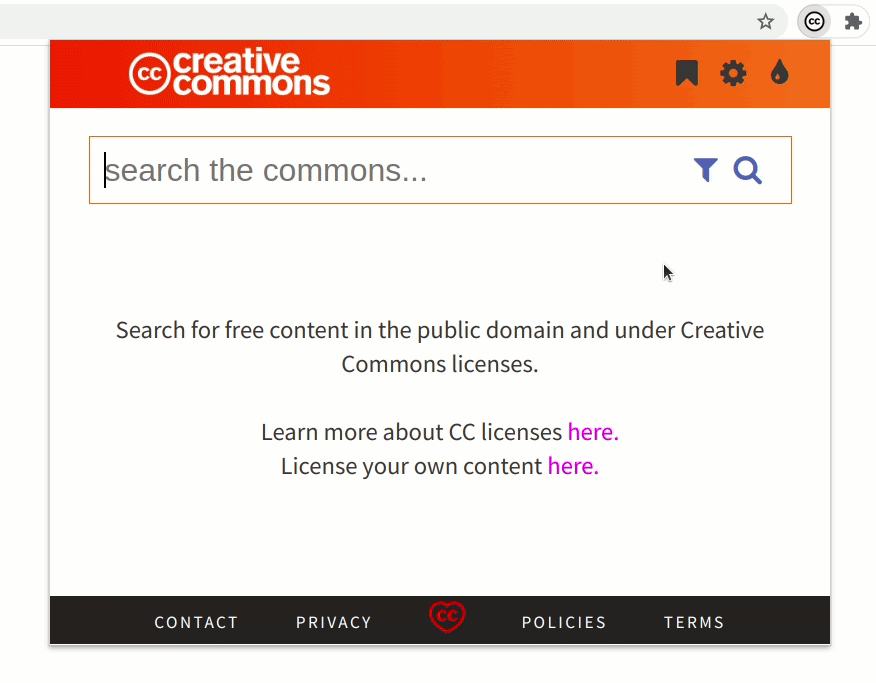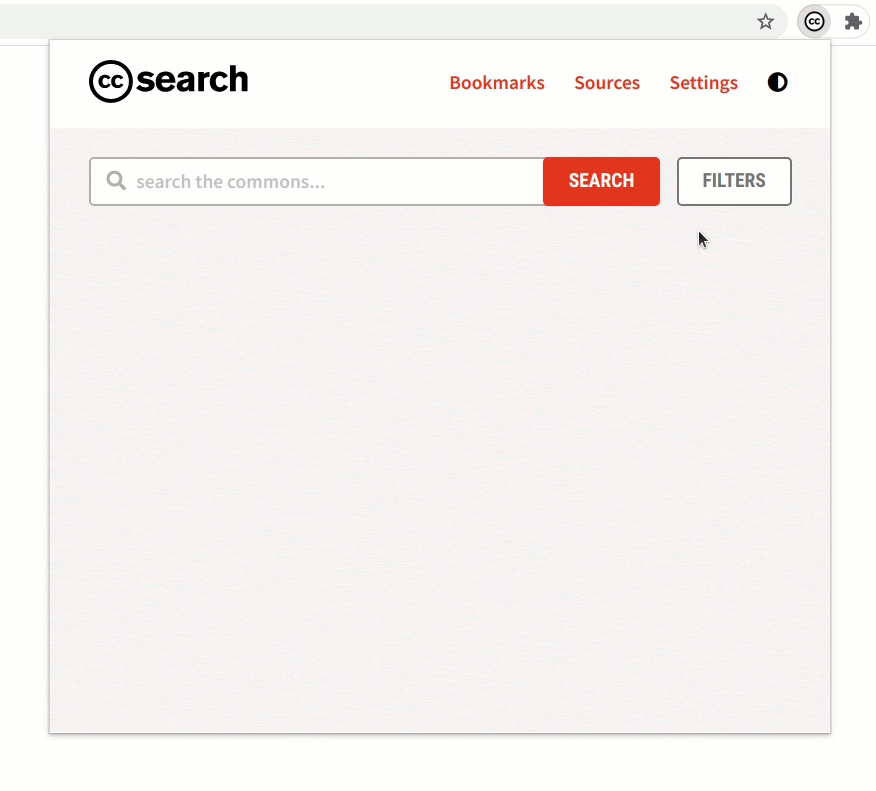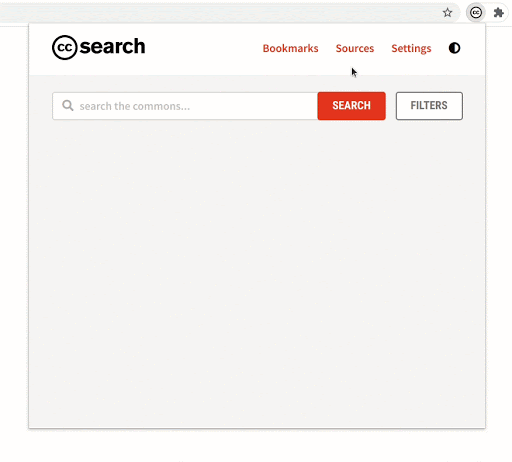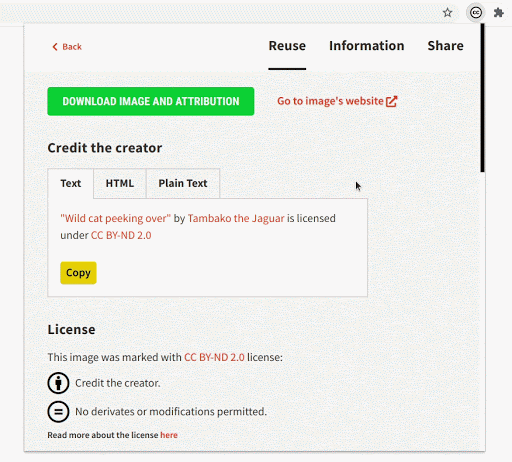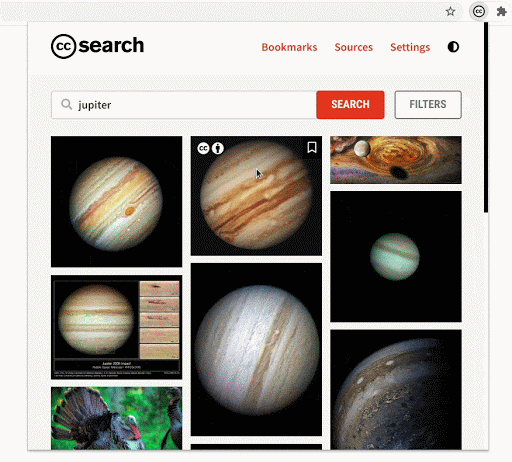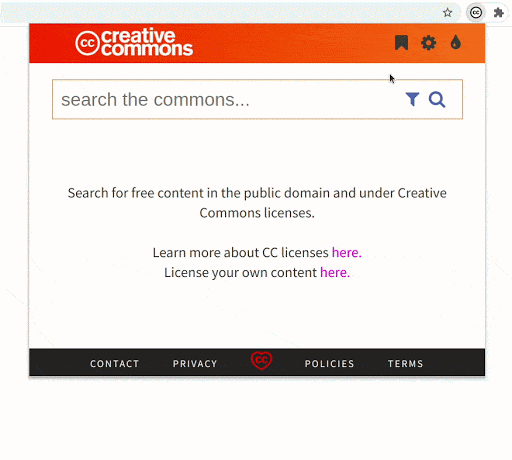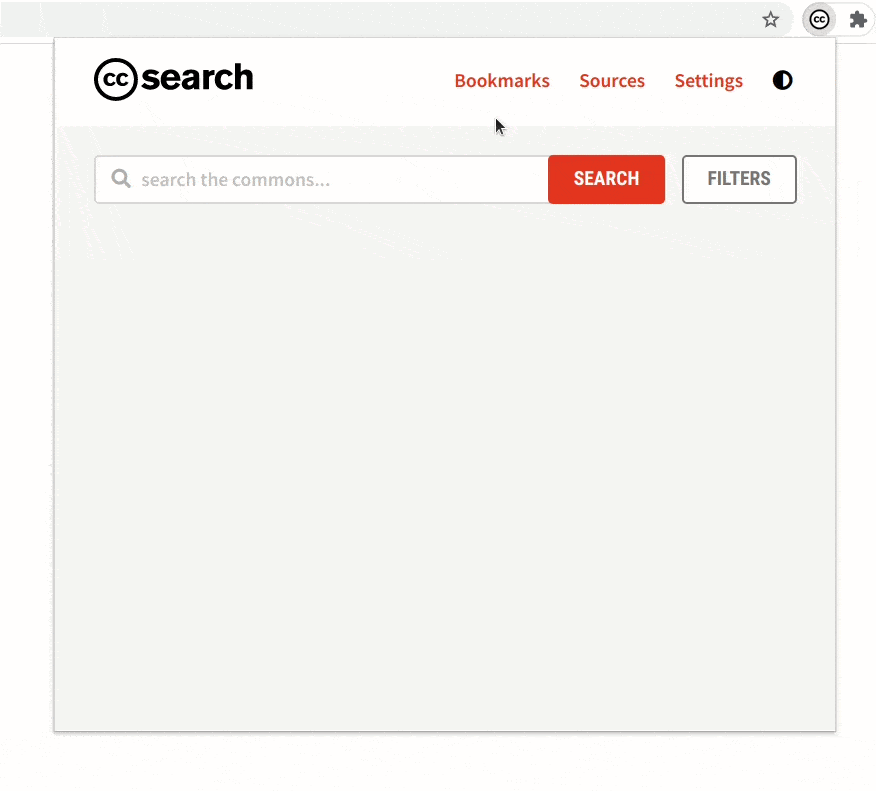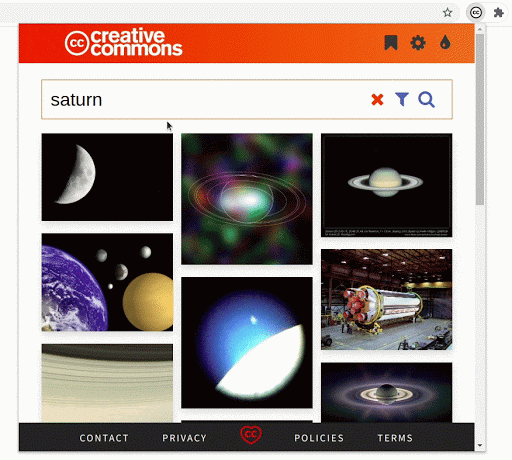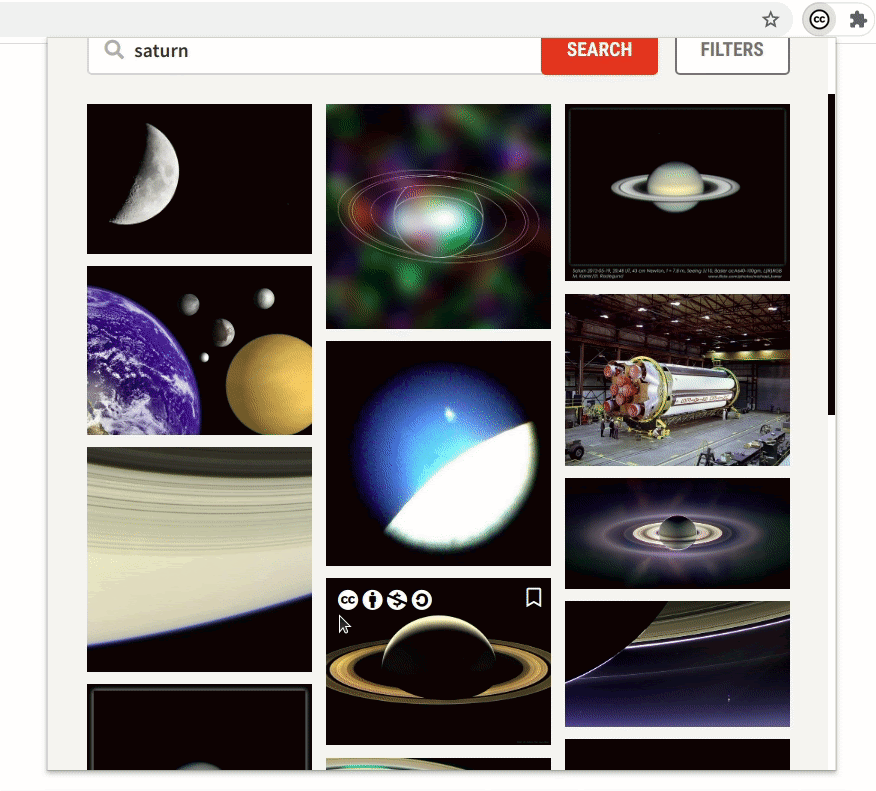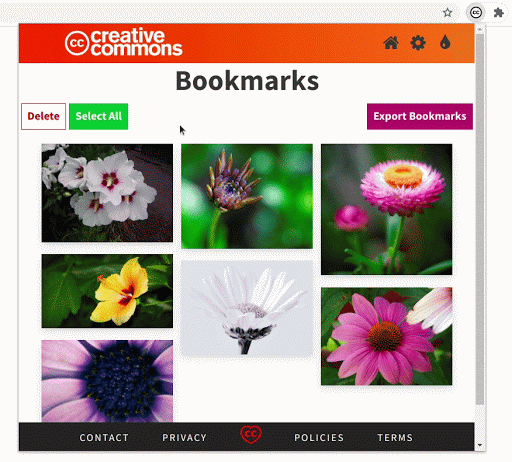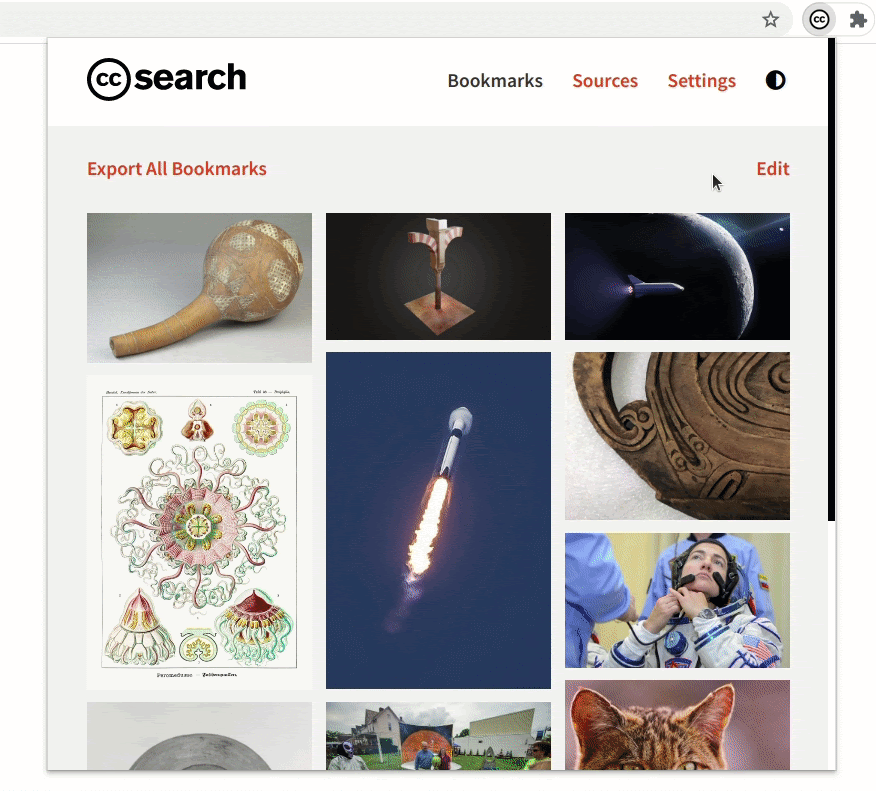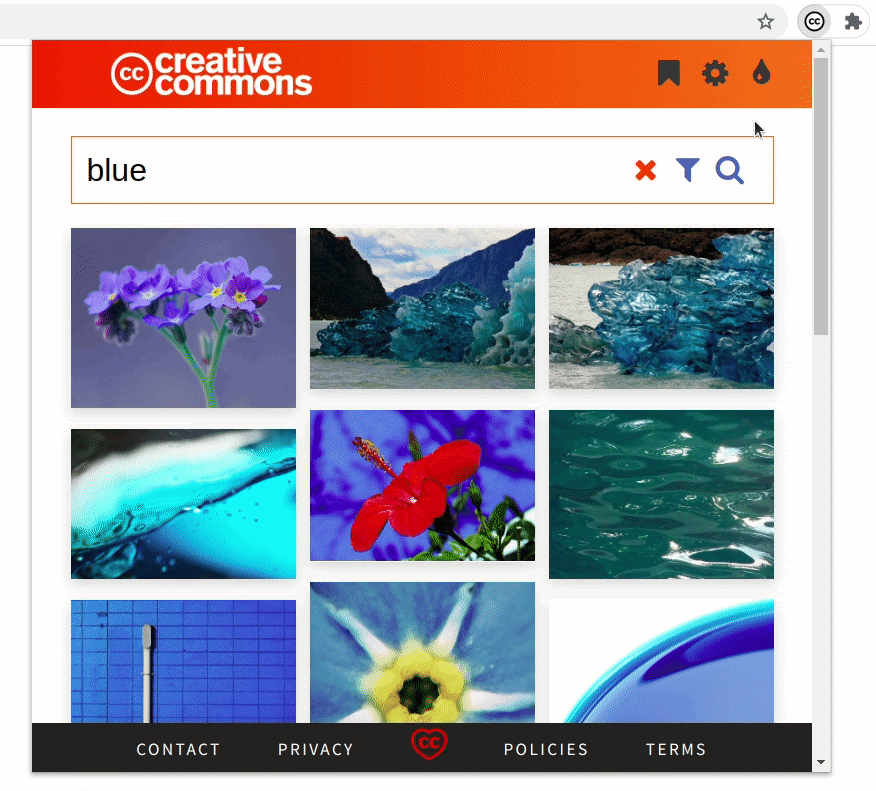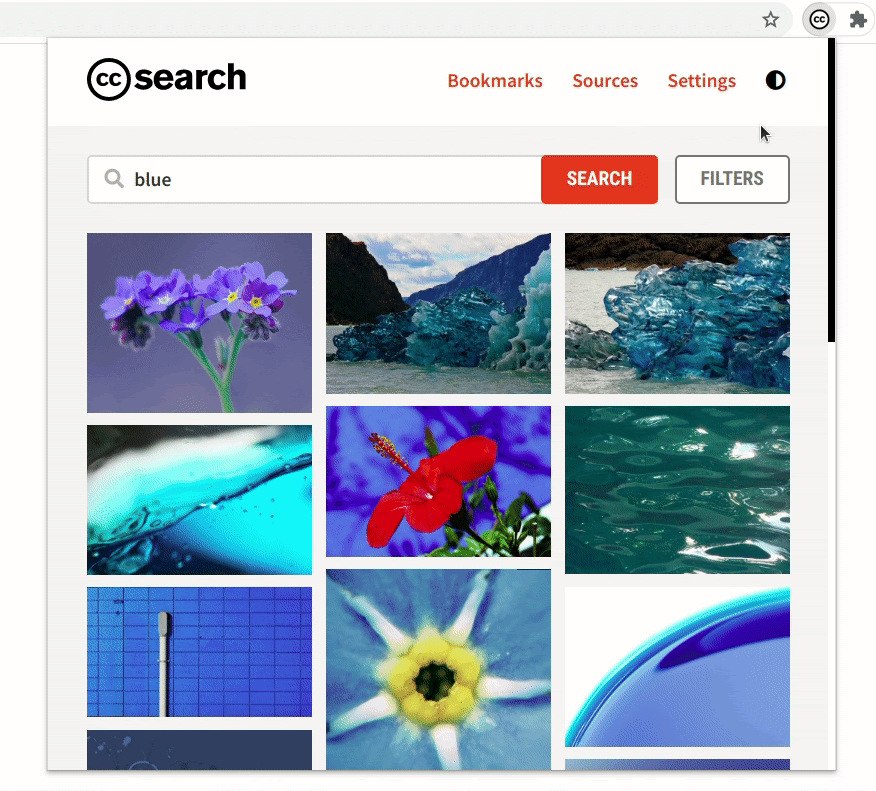Spreading Joy and Giving Gratitude: A Toast to This Year’s Silver Linings
lundi 14 décembre 2020 à 16:50It’s almost over. The year that shall not be named will soon end with a collective sigh and a half-hearted wave from humanity. However, before we stumble into what one can only hope will be a less disastrous year, we’re determined to spread some joy and share our gratitude.
We’re grateful for every image, video, song, book, and article that millions of you continue to share using a CC license or public domain mark. 2 billion and counting! From 3D models of spacecraft to vital public health information. During this festive season especially, we’re grateful for the countless photographs of pets in holiday-themed outfits, like these pictures of our favorite pugs on Flickr!


More importantly, we’re grateful for the tireless efforts of the open community, our donors, and our staff to create a more open and inclusive world.
What you helped us achieve
Promoting and facilitating open access in collaboration with members of the open community felt more important than ever this year. The urgent need for scientific research and data on COVID-19, open educational resources for students forced to stay home, open-source medical hardware due to PPE shortages, and more motivated us to carry onward.
That context makes this year’s accomplishments and “big wins” at Creative Commons uniquely meaningful, and we’re excited to share just a few of them with you below. If pugs in holiday outfits don’t spark joy in your heart, then hopefully these will!
This year, Creative Commons…
 Collaborated with the Smithsonian on Smithsonian Open Access, releasing 2.8 million images and data into the public domain using Creative Commons Zero! This announcement in February came after years of collaborative efforts from CC staff including Director of Open Education Cable Green, General Counsel Diane Peters, and CC GLAM platform lead Evelin Heidel.
Collaborated with the Smithsonian on Smithsonian Open Access, releasing 2.8 million images and data into the public domain using Creative Commons Zero! This announcement in February came after years of collaborative efforts from CC staff including Director of Open Education Cable Green, General Counsel Diane Peters, and CC GLAM platform lead Evelin Heidel.
 Submitted statements to WIPO on artificial intelligence (AI) and intellectual property (IP) explaining why we’re against copyright protection for AI-generated output.
Submitted statements to WIPO on artificial intelligence (AI) and intellectual property (IP) explaining why we’re against copyright protection for AI-generated output.
 Completed research on sharing Indigenous cultural heritage online, advocating that GLAMs should acknowledge that access and reuse restrictions might be justified in certain situations.
Completed research on sharing Indigenous cultural heritage online, advocating that GLAMs should acknowledge that access and reuse restrictions might be justified in certain situations.
 Collaborated with the European Fashion Heritage Foundation and the Onassis Foundation on the 2020 symposium exploring issues regarding the tensions between digitizing fashion cultural heritage and remaining mindful and respectful of cultural rights and values.
Collaborated with the European Fashion Heritage Foundation and the Onassis Foundation on the 2020 symposium exploring issues regarding the tensions between digitizing fashion cultural heritage and remaining mindful and respectful of cultural rights and values.
 Helped create and lead the Open COVID Pledge, resulting in over 30 Pledgors, including Founding Adopters Facebook, Amazon, Intel, IBM, Microsoft, and more, effectively unlocking hundreds of thousands of patents to the public to help combat the COVID-19 pandemic. Take the Pledge!
Helped create and lead the Open COVID Pledge, resulting in over 30 Pledgors, including Founding Adopters Facebook, Amazon, Intel, IBM, Microsoft, and more, effectively unlocking hundreds of thousands of patents to the public to help combat the COVID-19 pandemic. Take the Pledge!
 Presented in front of the Mexican Senate addressing copyright exceptions and limitations, GLAMs, and the fundamental rights of access to knowledge and culture. Read the written statement here.
Presented in front of the Mexican Senate addressing copyright exceptions and limitations, GLAMs, and the fundamental rights of access to knowledge and culture. Read the written statement here.
 Welcomed three new chapters to the CC Global Network (CC Peru, CC Austria, and CC Czech Republic) and supported 32 projects across 20 countries—from Argentina and Bangladesh to Uruguay and Venezuela—through the Community Activities Fund, totaling $30,000 USD!
Welcomed three new chapters to the CC Global Network (CC Peru, CC Austria, and CC Czech Republic) and supported 32 projects across 20 countries—from Argentina and Bangladesh to Uruguay and Venezuela—through the Community Activities Fund, totaling $30,000 USD!
 Held the first-ever virtual CC Global Summit, which included over 1300 participants, 200 presenters, and 170 sessions across 60 countries. We also introduced a new session, a global land acknowledgement, where we examined ideas of colonialism, power dynamics, and our own biases. Look back at this year’s CC Summit here!
Held the first-ever virtual CC Global Summit, which included over 1300 participants, 200 presenters, and 170 sessions across 60 countries. We also introduced a new session, a global land acknowledgement, where we examined ideas of colonialism, power dynamics, and our own biases. Look back at this year’s CC Summit here!
 Joined the UNESCO OER Dynamic Coalition and the Network of Open Organizations, who are both working to help national governments and institutions implement the UNESCO Recommendation on OER. More information here and here.
Joined the UNESCO OER Dynamic Coalition and the Network of Open Organizations, who are both working to help national governments and institutions implement the UNESCO Recommendation on OER. More information here and here.
 Participated in open education campaigns and initiatives, including the Free the Textbook Campaign and Translate a Story. We also joined the UNESCO Global Education Coalition, an international response to ensure the continuity of education for all learners during and after COVID-19.
Participated in open education campaigns and initiatives, including the Free the Textbook Campaign and Translate a Story. We also joined the UNESCO Global Education Coalition, an international response to ensure the continuity of education for all learners during and after COVID-19.
 Completed the second year of CC Certificate scholarships, enabling 28 new CC Global Network members from 25 countries to take the CC Certificate. We also graduated hundreds of new CC Certificate participants—by the end of 2020, there will be over 800 graduates from 50 countries! Register for January or June 2021 courses here.
Completed the second year of CC Certificate scholarships, enabling 28 new CC Global Network members from 25 countries to take the CC Certificate. We also graduated hundreds of new CC Certificate participants—by the end of 2020, there will be over 800 graduates from 50 countries! Register for January or June 2021 courses here.
 Launched the new CC Open Source Community Team initiative, a team of volunteers to help us develop and maintain our open source projects and community. Learn more here and here!
Launched the new CC Open Source Community Team initiative, a team of volunteers to help us develop and maintain our open source projects and community. Learn more here and here!
 Completed four open source internship programs with 13 interns total from Turkey, Nigeria, Brazil, India, Australia, Venezuela, Zimbabwe, and Malaysia. Thanks to their help, we’ve been able to launch the CC Legal Database, the new CC Open Source website, the CC Linked Commons, and much more!
Completed four open source internship programs with 13 interns total from Turkey, Nigeria, Brazil, India, Australia, Venezuela, Zimbabwe, and Malaysia. Thanks to their help, we’ve been able to launch the CC Legal Database, the new CC Open Source website, the CC Linked Commons, and much more!
 Hosted webinars on important topics like copyright, OpenGLAM, open access, and many more in partnership with other actors, like Europeana, the Museum Computer Network (summaries here, here, here, and here), and the UNESCO-Bangkok/Memory of the World Committee Asia Pacific (details here).
Hosted webinars on important topics like copyright, OpenGLAM, open access, and many more in partnership with other actors, like Europeana, the Museum Computer Network (summaries here, here, here, and here), and the UNESCO-Bangkok/Memory of the World Committee Asia Pacific (details here).
Into 2021 we go, older and bolder
Finally, we’re grateful for the opportunity to celebrate 20 years of Creative Commons in 2021 by embarking on a new era with a bolder organizational strategy that matches the challenges and opportunities ahead. While we will continue to face the difficulties that come with change, we’re excited for this new chapter and we hope you’ll support us by:
- Becoming a donor
- Signing up for the CC monthly newsletter
- Using a CC license or public domain mark!
- Joining the CC Global Network
- Contributing to CC Open Source
Every action you take to create a more open and inclusive world is a precious gift to us—and we thank you for it. 
 : Featured image is a remix of this 19th-century beer advertisement (CC0) shared by the Smithsonian Design Museum.
: Featured image is a remix of this 19th-century beer advertisement (CC0) shared by the Smithsonian Design Museum.
The post Spreading Joy and Giving Gratitude: A Toast to This Year’s Silver Linings appeared first on Creative Commons.
